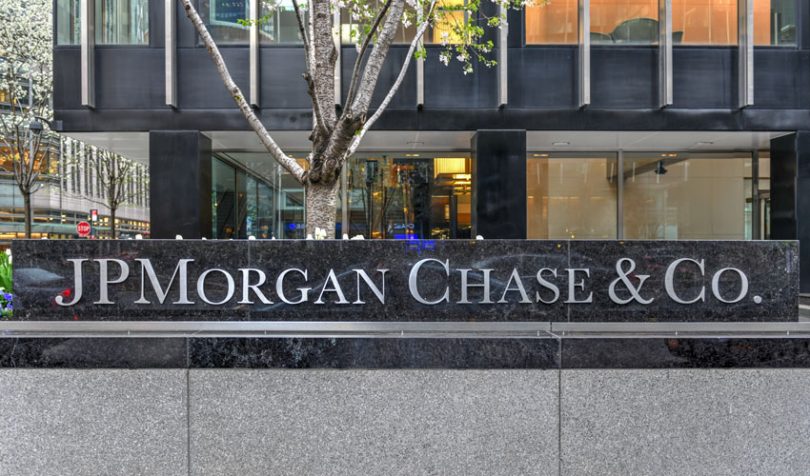After launching its Tokenized Collateral Network (TCN) last year, today Onyx by JP Morgan revealed that Fidelity International has tokenized a money market fund on the network so it can be used as collateral, as first reported by Coindesk.
One of the most fertile areas for blockchain in institutional finance is anything that needs intraday settlement. Typically, collateral sits with a custodian, and it takes two days to transfer in Europe. However, collateral for trading, especially for derivatives, ideally needs to settle much faster to reduce risks. If it’s tokenized in a legally compliant manner, that transfer can be instantaneous.
Hence, last year BlackRock tokenized a money market fund on TCN, which Barclays used as collateral for a derivatives trade. TCN runs on JP Morgan’s private blockchain network.
Meanwhile, London-based Fidelity International was founded by Fidelity Investments but is now independent, although the founding family still has a major investment. Fidelity confirmed its involvement in the transaction to Ledger Insights.
It’s not really surprising that JP Morgan is promoting transactions like this in the UK. The SEC has imposed awkward accounting rules for the custody of cryptocurrencies and tokenized assets, making it prohibitive for bank custodians. Banks invariably provide custody for this sort of collateral in the wholesale markets. Unfortunately, the White House recently vetoed Congressional resolutions to reverse the accounting rule.
Sectors where intraday collateral transfers matter
One sector where collateral is particularly important is derivatives. Industry body ISDA has updated its master agreement for tokenized collateral and recently reviewed the legal treatment.
Other areas where intraday settlement is important include repo, securities lending and FX swaps. JP Morgan also has a tokenized repo offering, and it’s an investor in the HQLAᵡ collateral platform. It is a co-founder of Partior, which is planning to launch FX swaps, although startup Finteum might beat it to the punch.
As with any innovation, the key is product market fit. Tokenization for collateral is an area that demands faster settlement, so it should be a strong business case.






